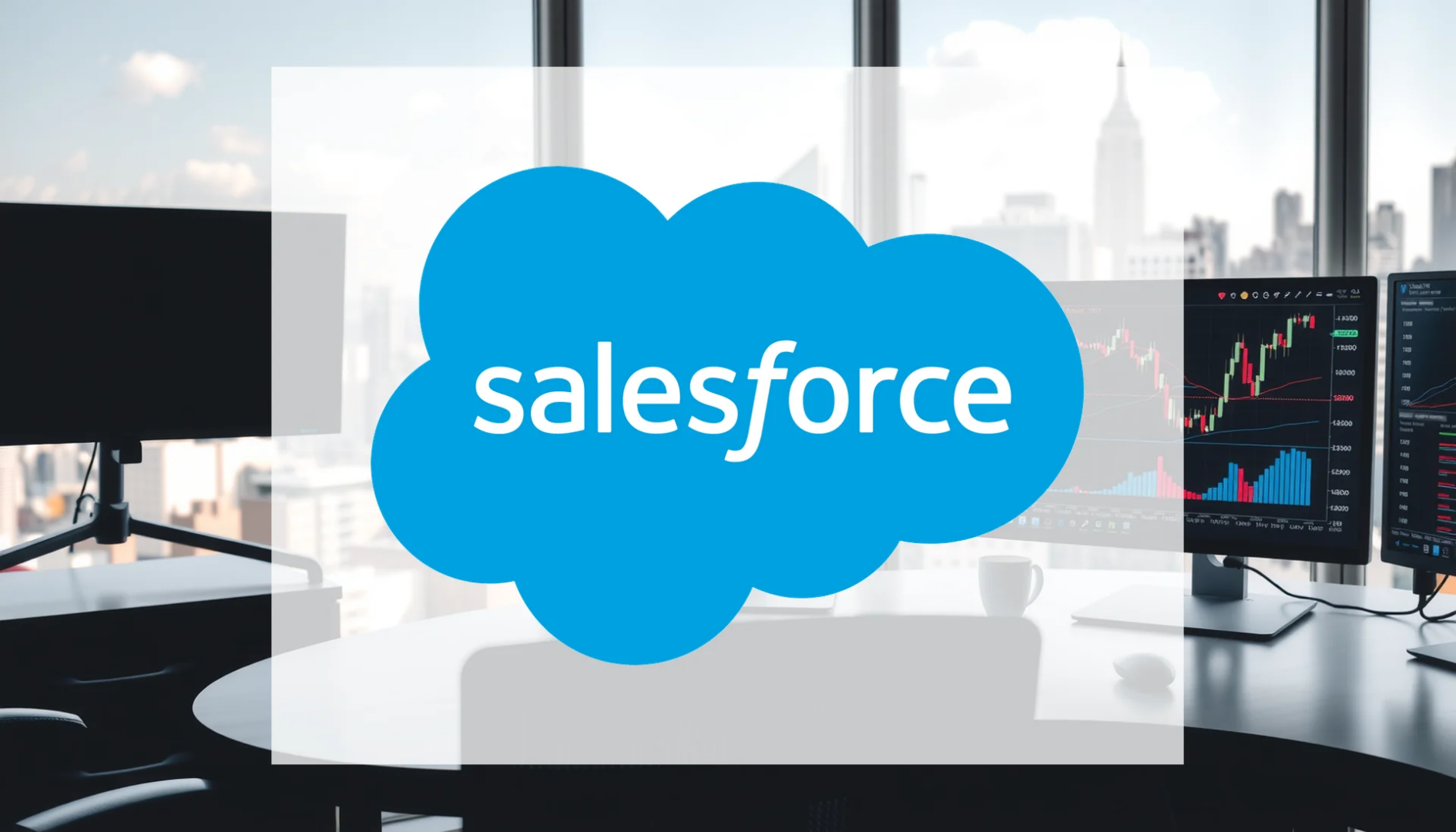Salesforce CEO Marc Benioff has unveiled a dramatic workforce realignment, revealing that the company has reduced its support staff from 9,000 employees to 5,000. This strategic move is directly attributed to the deployment of its proprietary AI platform, Agentforce, which now handles approximately half of all customer inquiries. The central question emerging from this transition is whether Salesforce is pioneering a new era of profitable AI integration or potentially sacrificing its renowned service quality for improved margins.
Analyst Sentiment and Stock Performance Diverge
Despite reporting robust quarterly results, including a 9.77% revenue increase to $10.24 billion, Salesforce shares have faced significant pressure in the market, declining substantially since the start of the year. The analyst community remains sharply divided on the company’s outlook. Goldman Sachs maintains a bullish stance with a $385 price target and a “Buy” rating, expressing confidence in the AI strategy. Conversely, other institutions including UBS and Macquarie have adopted a more cautious view, recently lowering their price targets for the equity.
AI Implementation Shows Tangible Business Impact
During a recent podcast appearance, Benioff positioned Salesforce as the “customer zero” for its own technology, noting that AI agents now manage roughly 1.5 million customer interactions. The company asserts that satisfaction levels remain comparable to those achieved by human support teams. This restructuring serves as one of the most significant corporate examples of AI displacing human labor on a large scale, though Salesforce emphasizes that many affected employees were transitioned to other departments such as sales and customer success roles.
Should investors sell immediately? Or is it worth buying Salesforce?
The AI initiative is delivering concrete operational benefits, particularly in addressing a persistent challenge: a backlog exceeding 100 million uncontacted sales leads. The system now processes more than 10,000 callbacks weekly. Benioff credits these “agentic capabilities” for creating the most substantial sales pipeline the company has seen in recent memory, suggesting that efficiency improvements are not necessarily compromising service quality, at least according to internal performance metrics.
Whether Salesforce can leverage its internal AI success story to alleviate Wall Street’s concerns remains an open question. The true test of this strategic pivot still lies ahead.
Ad
Salesforce Stock: Buy or Sell?! New Salesforce Analysis from February 7 delivers the answer:
The latest Salesforce figures speak for themselves: Urgent action needed for Salesforce investors. Is it worth buying or should you sell? Find out what to do now in the current free analysis from February 7.
Salesforce: Buy or sell? Read more here...










